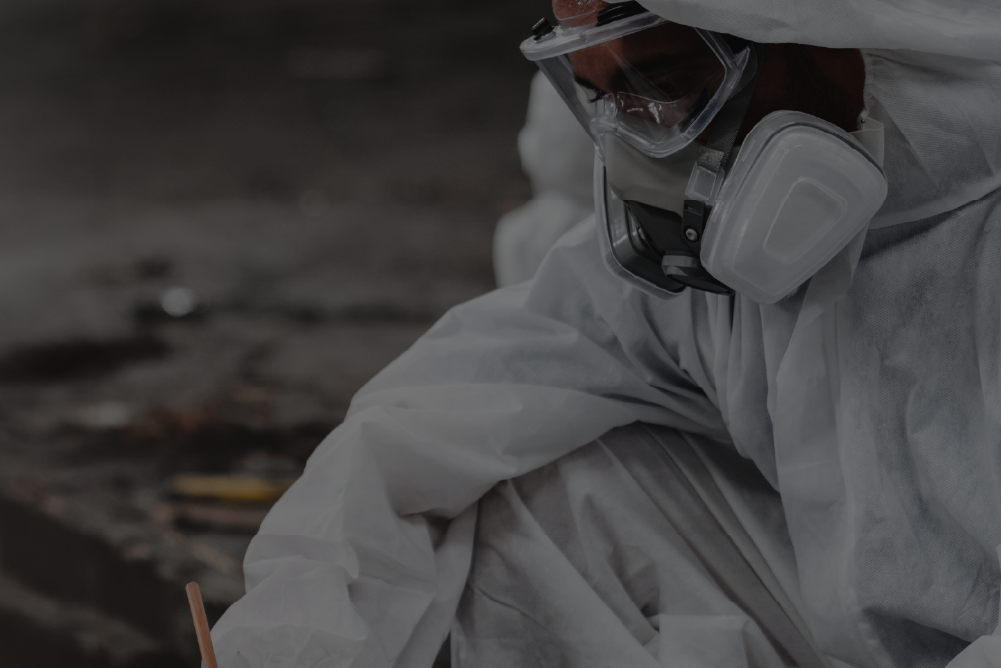As you or your loved one is considering the course of treatment for mesothelioma, you and your physician will need to explore the possibility of enrolling in a clinical trial as a critically important option. A clinical trial is a study to evaluate new treatments to determine how effective and safe a certain medication, combination of medications, a surgical or radiation procedure or a combination of these modalities might be. Patients enrolled in clinical trials are monitored closely. These clinical trials allow medical research to progress, so that diseases once thought to be incurable are now curable.
Misconceptions About Clinical Trials Dispelled
Having never made such a monumental decision, many are concerned about enrolling in a clinical trial. Some worry that the patient will be treated like a guinea pig or will receive the placebo or sugar pills. Worse yet, some think that clinical trials should be considered only when there is no hope. These misconceptions about clinical trials are dispelled at the International Mesothelioma Program (IMP) at Brigham and Women’s Hospital in Boston, Massachusetts.
Dr. David Sugarbaker, the founder and director of the International Mesothelioma Program and the Chief of Thoracic Surgery at Brigham and Women’s Hospital, has been treating mesothelioma patients along with his colleagues at the Dana-Farber Cancer Institute since the 1980s. In fact, the clinical trials being conducted at the IMP are at the forefront of state-of-the-art mesothelioma treatment and care in the United States. Each year approximately 160 mesothelioma patients are treated at the International Mesothelioma Program by Dr. Sugarbaker and his team of medical experts. Twice that number of patients are seen for consultation.
Surgical Clinical Trials Leading to Increased Survivability
In a lecture given in late 2009, Dr. Sugarbaker noted that through his surgical clinical trials, the IMP is seeing a 17 percent survival rate for patients who are four years post-surgery. This is remarkable when you consider these patients’ original prognosis, which was a mere six to nine months to live. Dr. Sugarbaker is seeing survivors who are eight to ten years post-surgery and a few others who are living as long as 13 years with no recurrence.
Attorney L. Richard DeRobertis who has represented mesothelioma clients for decades, is very hopeful when he see the results Dr. Sugarbaker has had from his clinical trials.
“I have seen my clients suffer and die from this devastating cancer. Dr. Sugarbaker’s clinical trials portend much hope and promise that one day in the not so distant future mesothelioma will be a curable disease.”
Clinical Trials at the International Mesothelioma Program
One important mesothelioma clinical trial is Protocol 07-091 for patients with resectable pleural malignant mesothelioma; that is, a tumor that can be removed surgically. The surgery is followed by heated chemotherapy drugs applied directly into the chest cavity during the surgical procedure. The drug combination used is Cisplatin along with Gemcitabine. Amifostine is also used to protect the normal cells. The patient is then followed weekly.
Of 304 patients screened, Dr. Sugarbaker says 64 were enrolled in this clinical trial. The study is still open and accepting patients. The clinical trial requires that certain criteria are met in order for a patient to qualify for enrollment in Protocol 07-091. Since time is of the essence, it is important that patients discuss this and other possible courses of treatment with their physician right away. They may also consider calling the IMP directly at phone: 617-732-5922 to get immediate information.
It is clear that through a number of clinical trials, medical advances are taking place at the International Mesothelioma Program under Dr. Sugarbaker’s leadership. Virtually all advances in cancer treatment involve clinical trials. These advances translate to hope and a prolonged and enhanced quality of life for mesothelioma patients.
New Clinical Trial Underway
The International Mesothelioma Program will be conducting a new clinical trial for patients with advanced stage mesothelioma. This new Phase I trial would use the neoadjuvant mTOR inhibitor followed by administering Cisplatin in combination with pemetrexed or Alimta. After the chemotherapy regimen, depending on the patient’s response, an extrapleural pneumonectomy could then be performed.
Over the years through the clinical trials, the IMP has been able to increase the dose of chemotherapy drugs to the maximum tolerable amount. Additionally, because of Dr. Sugarbaker’s experience treating so many mesothelioma patients, he and the IMP have learned the site of recurrence of the cancer is usually in the chest or abdomen where the original tumor appeared. Dr. Sugarbaker explained that he and his medical team have observed over the last 15 years that, even after surgery, microscopic cells are present and thus he developed the in vivo model, as he calls it, of administering the heated chemotherapy in the maximum tolerable dose into the open chest cavity.
His patients have words of praise and gratitude as they speak of Dr. Sugarbaker being a hero and a pioneer in mesothelioma research with the clinical trials which the International Mesothelioma Program is conducting.






